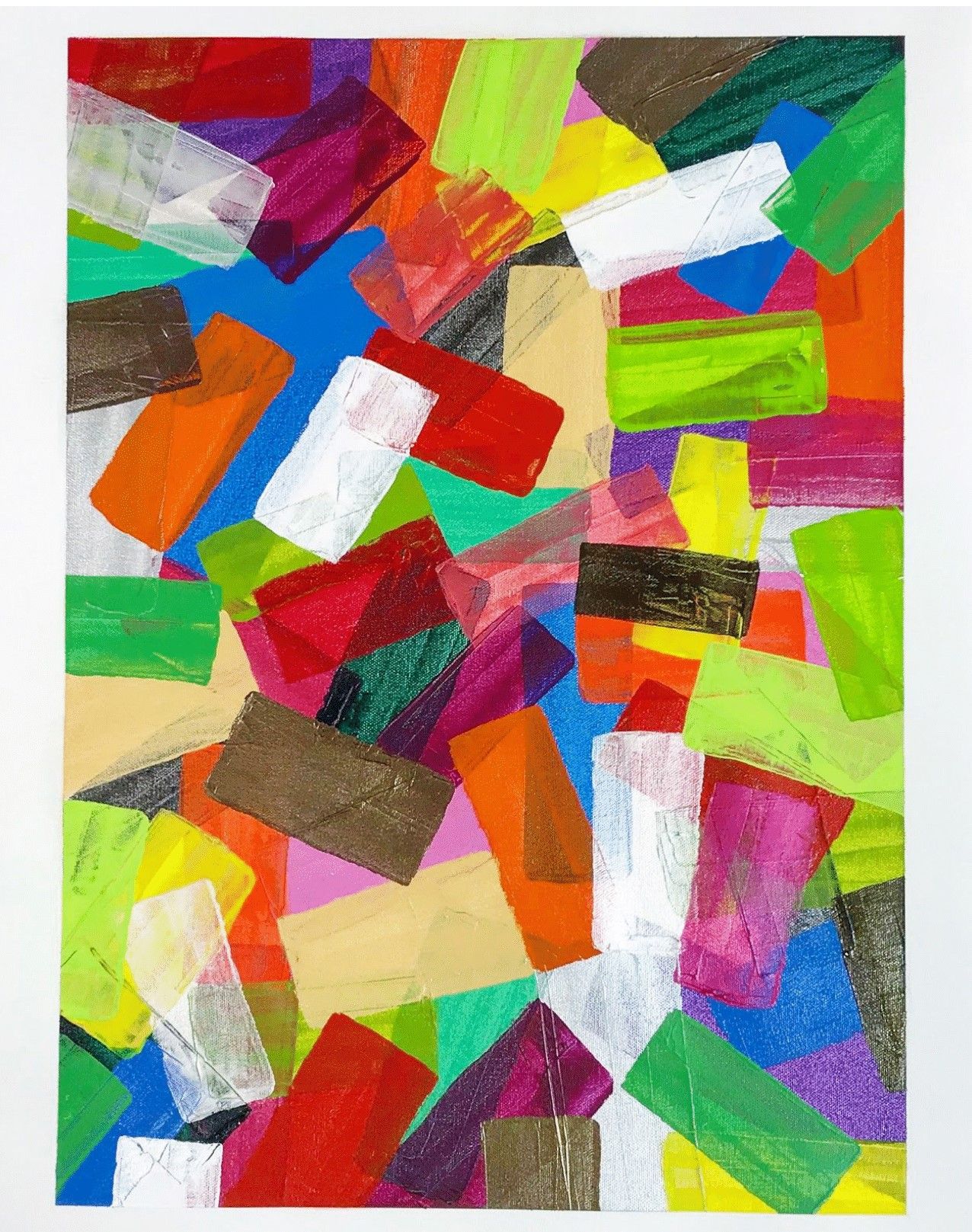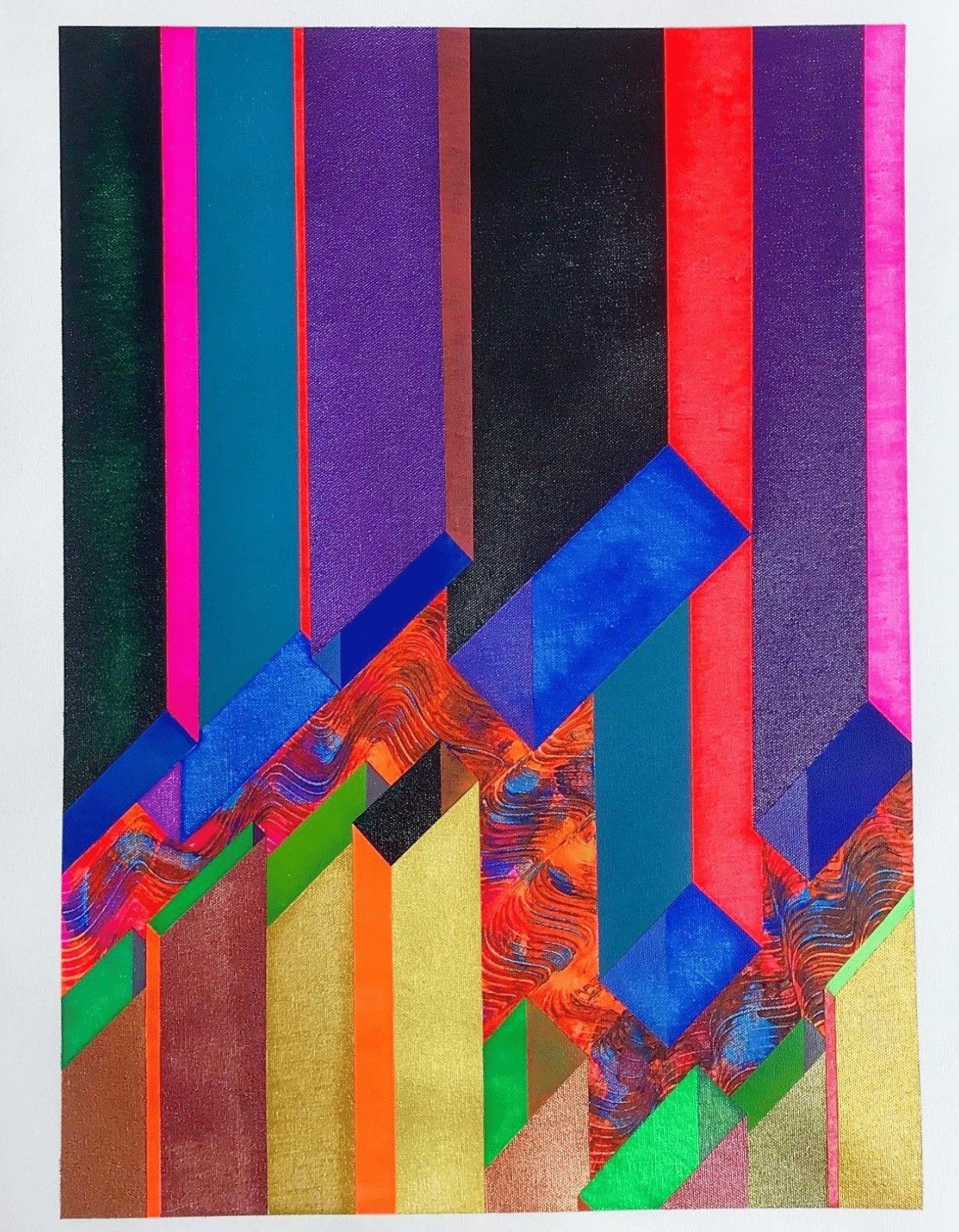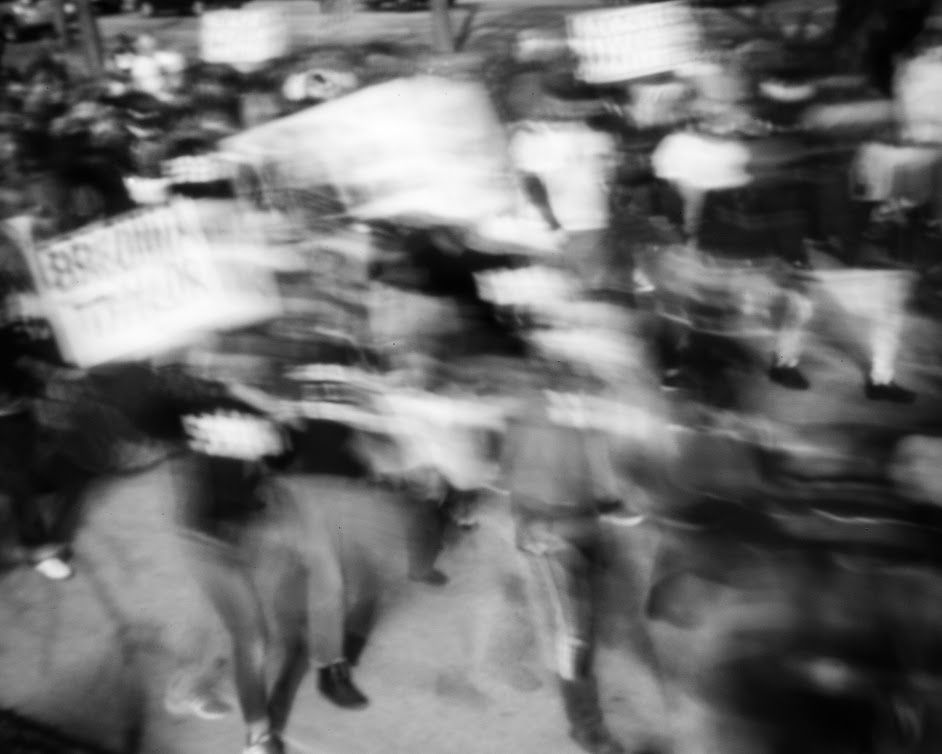Digging Out (for Richard Kirkwood)
January
Split oak and hickory watch with stored disappointment
from under the pole barn’s rusted tin
as a year dawns too warm, uneventful.
A resurrected black and white cat
over an empty bowl shoots accusing eyes
after skipping me three nights. I atone
with milk and meat that he consumes
not with the ferocity my conscience demands,
but with dainty leisure and frequent licks
of those genteel paws I’ve seen him use
to snap the necks of doves.
Unforgiven, I watch him stroll toward the shedf
or a nap or for dessert, moving with casual indifference.
Patchy snow holds the slightest trace of his passing
destined for erasure by day’s brief sun
or for a new storm to fill.
February
Determined, I start in. I recall
as a boy that strain of muscle battling
sparkling snow so cold it squeaks under foot.
Years and miles of drifted white
distance me from that first ache.
But comforting heft of snow being moved
returns me to the white that is touching
white touching white down the hill
and around a curve in this new state
toward a road I cannot yet see.
Bend, slide, hoist, pivot,
sling the whiteness wherever—mantra
of flesh. Cold air brushes my face
as I muscle slowly forward composing
mental lists: Red wine, juice for Chance,
jugs of water, toilet paper and pasta
and beans, cracked corn for the squawking ducks
with pond ice slowly closing in, worry
over frayed wires in the well house,
electric heater running.
The cat reappears on the trail behind me.
A redbird on a bare limb watches both of us.
Bend, slide, hoist, pivot,
toss more snow, sink the blade again
into its heart, assess progress, feel warmth
on my back from slanting sun and cat’s eyes.
My eyes follow twin black lines from pole
to pole as they strain and disappear
around a last curve reaching for the road
one might almost believe lies waiting.




